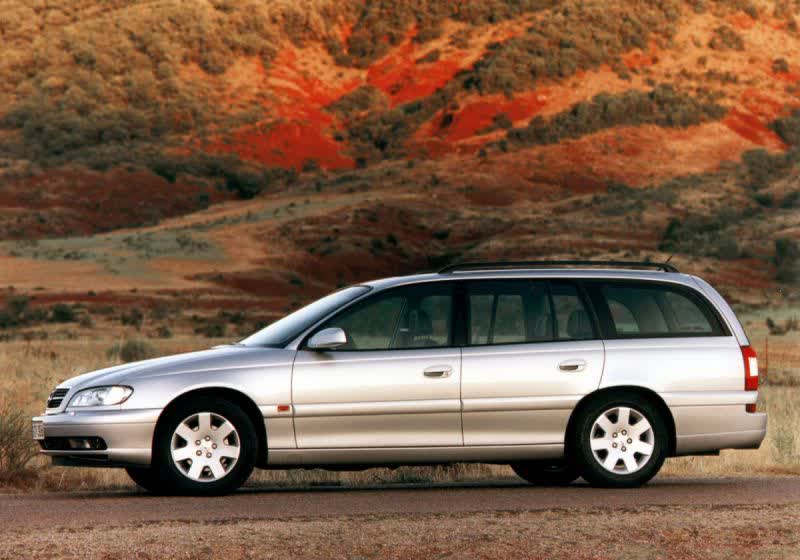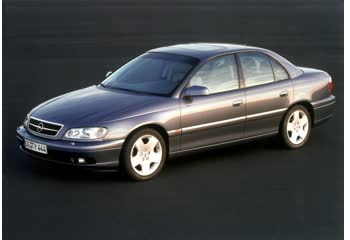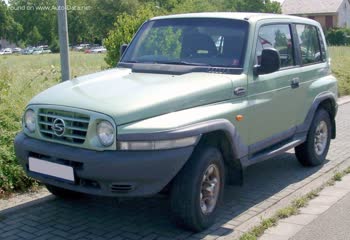Everything you need to know about specifications and performance - Opel Omega 2001 - 3.2 V6 (218 Hp) Automatic

Overview:
What is the engine capacity of a Opel Omega 2001?
The engine capacity of the Opel Omega 2001 is 3175.
Opel Omega 2001 How many horsepower?
The engine power of the Opel Omega 2001 is 218 Hp @ 6000 rpm..
What is the Opel Omega 2001 engine?
Opel Omega 2001 engine is Y32SE. (Click to see other cars using the same engine)
How much gasoline does a Opel Omega 2001 consume?
The Opel Omega 2001 consumes 11.9 liters of gasoline per 100 km
What is the recommended oil for a Opel Omega 2001 engine?
The recommended oil for a Opel Omega 2001 car engine is 5W-40.
What type of camshaft transmission system is used in a Opel Omega 2001 engine?
belt is used to transmit motion.
General:
Engine:
Performance:
Space:
dimensions:
Powertrain, Suspension and Brakes:
See also

Other generation.
Its production began in 1999 until 2000

Same production year and almost the same engine capacity.
Its production began in 2001 until 2006

Same production year and almost the same engine capacity.
Its production began in 2001 until 2006
Write a comment